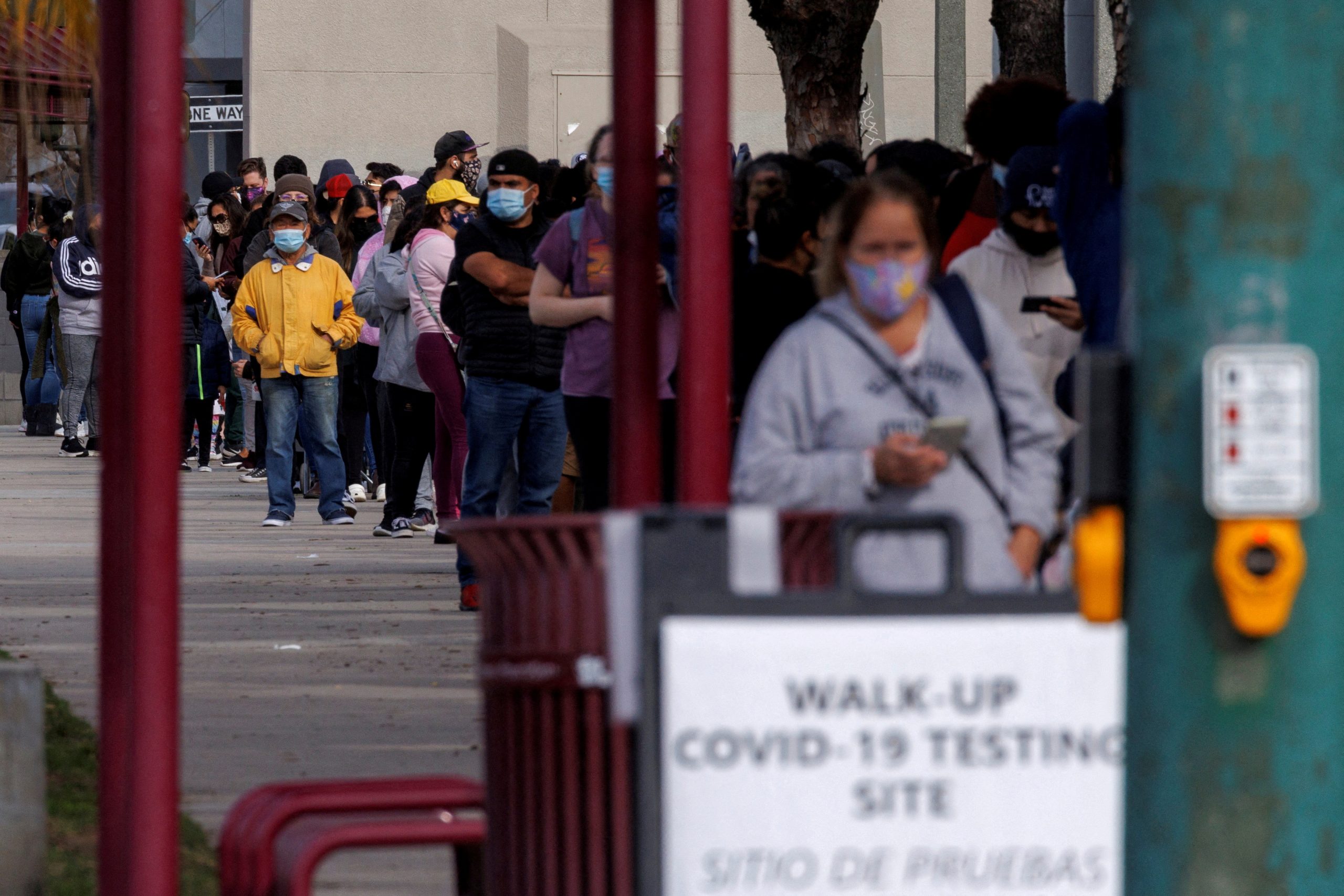
Chris Lange, FISM News
[elfsight_social_share_buttons id=”1″]
A resolution that would have ended California’s two-year state of emergency and revoked Gov. Gavin Newsom’s emergency powers was voted down by Democratic lawmakers on the Senate Governmental Organization Committee Tuesday. The vote passed along an 8-4 vote along party lines, with several senators abstaining, according to a Just the News report.
Newsom implemented the state of emergency on March 4, 2020. The COVID emergency declaration gives the governor access to federal funding and the power to override California laws in carrying out the state’s pandemic response. Republicans have argued that keeping emergency powers in place over an extended period of time is unnecessary and gives the governor too much power.
Newsom announced in February that he would end, or allow to expire, a series of executive orders and provisions enacted under the emergency powers but maintains that he needs to keep the overall declaration in place in order to implement his administration’s ongoing COVID-19 response.
The measure to revoke the emergency powers was introduced by Republican Sen. Melissa Melendez in December of 2020 and backed by other GOP senators and assembly members. Melendez said the bill’s passage was necessary to restore the constitutional balance between the three branches of government.
“As infection and hospitalization rates continue to drop, it’s time for the state to allow local governments to take the lead and address emergencies locally without the shotgun approach of a statewide emergency,” Melendez said.
“The governor has slowly begun to peel back mandates, indicating that the need for his emergency powers is no longer necessary,” she continued. “If California is truly in a better place to handle future events like COVID, then it should allow emergency assistance to be determined at the local level, just like we do for every other emergency.”
Senate Republican Leader Scott Wilk backed the measure, saying the resolution was designed to “give the peoples’ voice back” and end the “one-man rule.”
The measure faced strong opposition from several organizations, including the California Professional Firefighters and California Hospital Association.
Kathryn Austin Scott, Senior Vice President of State Relations and Advocacy with the California Hospital Association, told lawmakers that, without the state of emergency directive allowing out-of-state healthcare workers to provide assistance to hospitals in the state in the midst of the pandemic, California healthcare systems would not have been able to serve the influx of patients.
She further argued that emergency waivers provided the needed flexibility to create additional emergency space during virus surges and provided needed access to emergency federal funds.
“If this waiver were to be ended today, we would lose those thousands of workers and that space overnight,” Scott said. “Patients would be seeing longer wait times, potentially forcing them to wait on care [which], unfortunately, would result in worse patient outcomes.”
Democratic Senator Bill Dodd, who chairs California’s Senate Committee on Governmental Organization, voted against the measure, saying the State of Emergency is still necessary to manage the state’s pandemic response.
“I’m happy to see case rates and hospitalization at low numbers, and we return to normalization of life; however, the existing state of emergency proclaimed by the governor is absolutely important to ensure that the state can quickly and efficiently continue to respond to the COVID-19 pandemic and be prepared for possible future variants and surges,” Dodd said.
Melendez was granted reconsideration, meaning that she can bring the resolution forward again later if she so chooses.
COVID-19 emergency orders currently remain in effect in 22 U.S. states and have been allowed to expire in 28, according to Ballotpedia.
